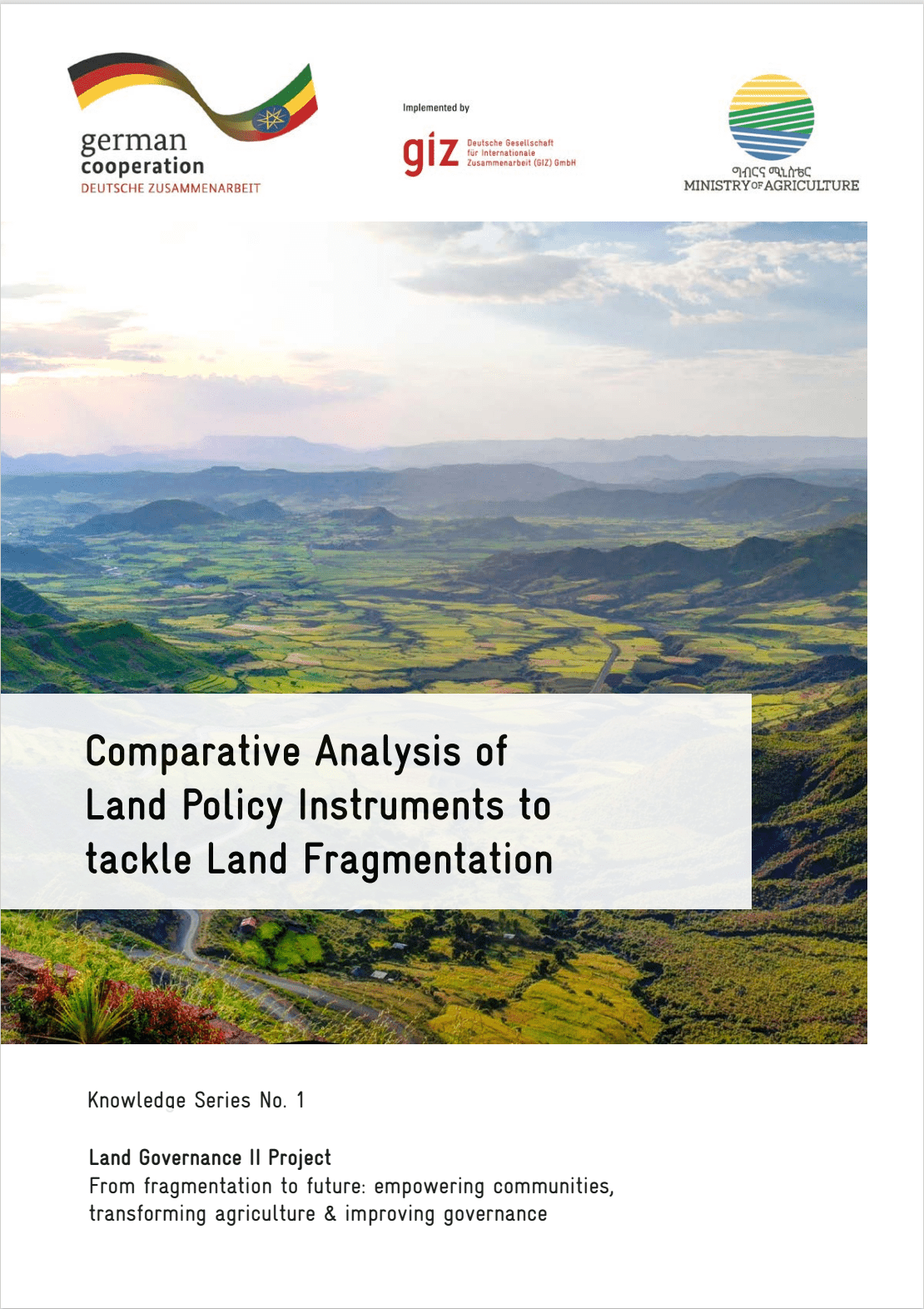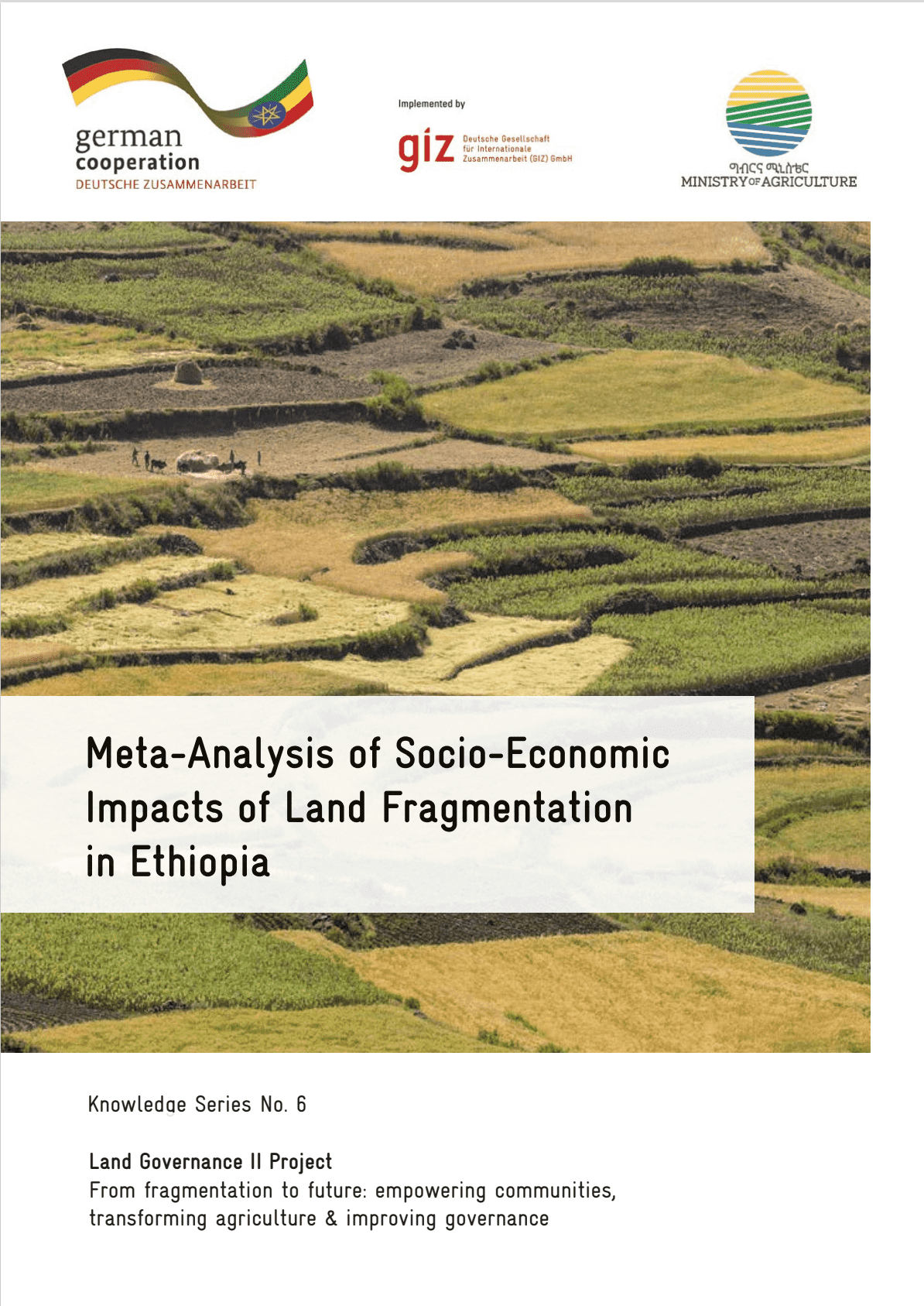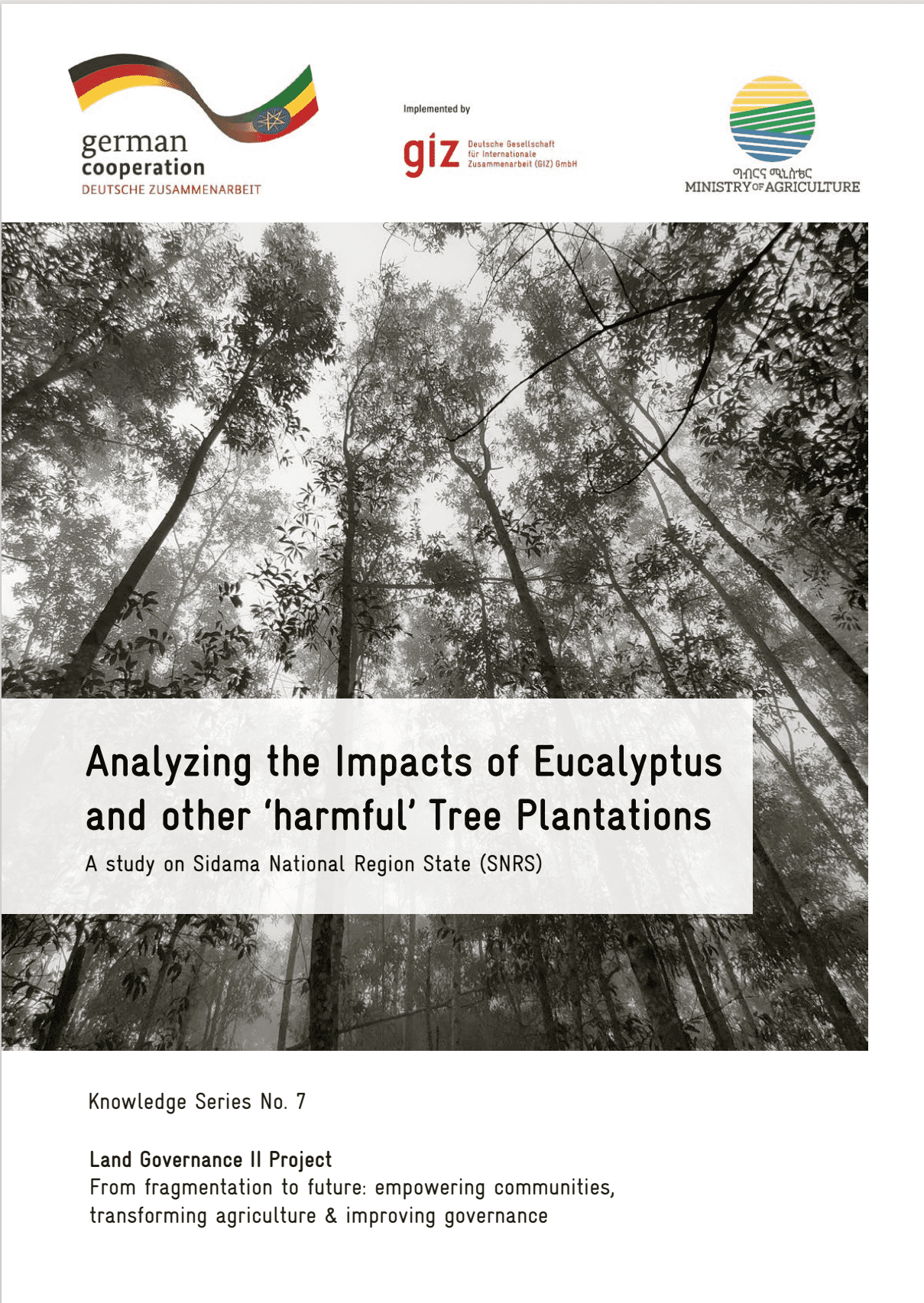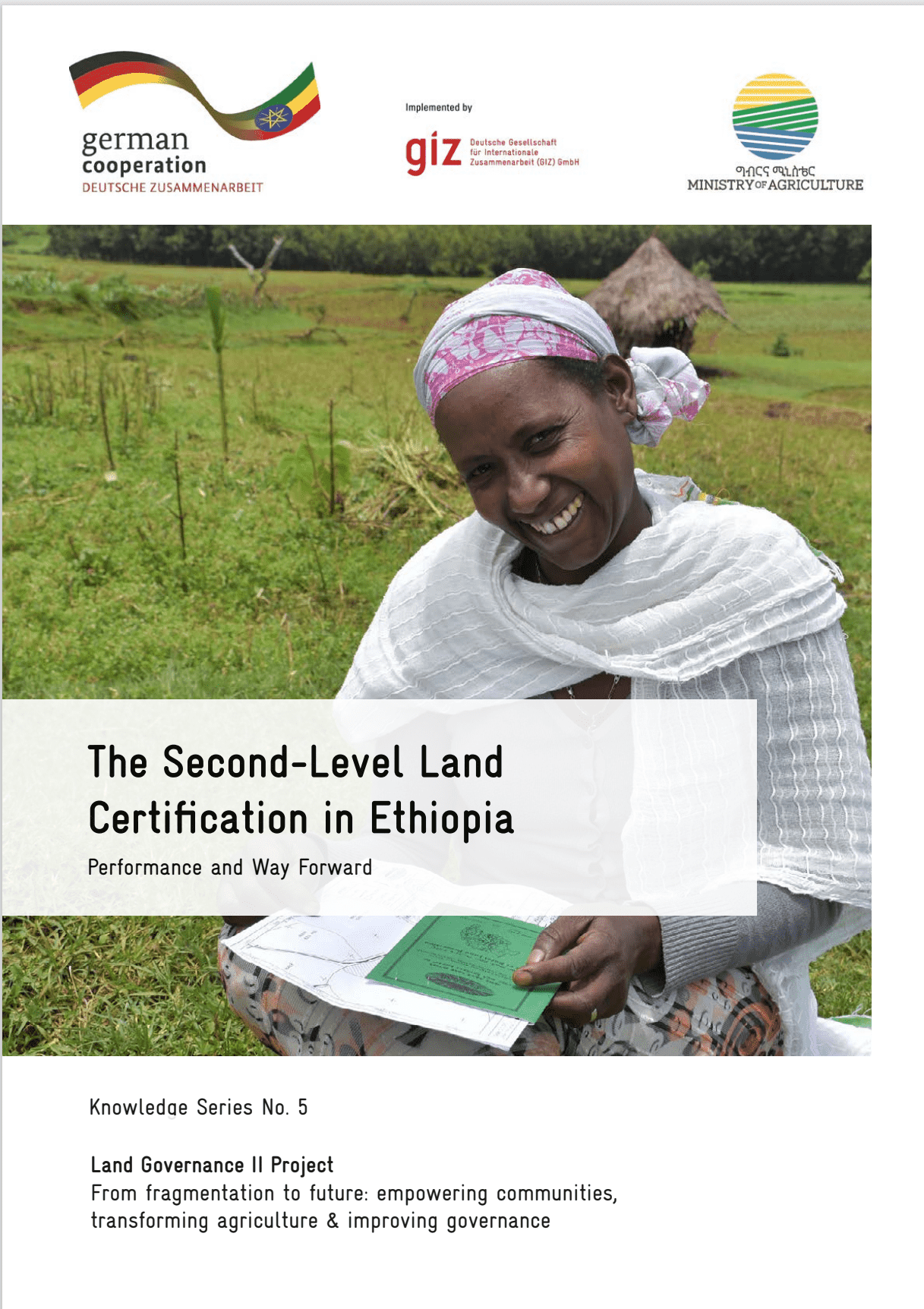Feu De Végétation Entraîne La Dégradation Et La Déforestation Du Parc National Fazao-Malfakassa (Pnfm) Au Togo
Contexte et justification :Le feu de végétation demeure une technique de gestion et d’aménagement des aires protégées. Elle peut aussi se révéler négative pour la conservation des écosystèmes forestiers et la biodiversité.But et objectifs :L’étude s’est focalisée sur la dynamique de la végétation et du feu de végétation du Parc National Fazao-Malfakassa (RFFM) au Togo.






